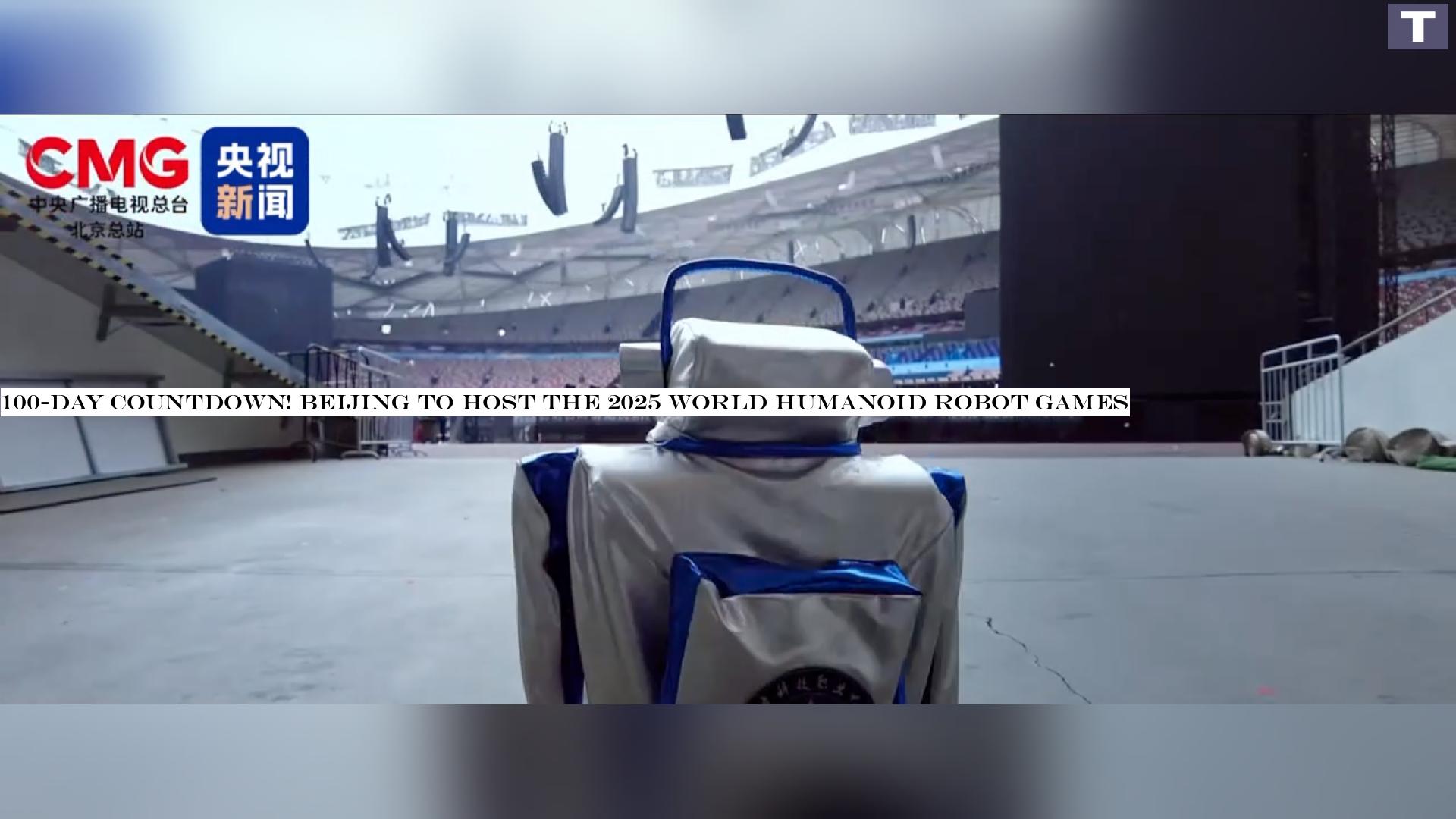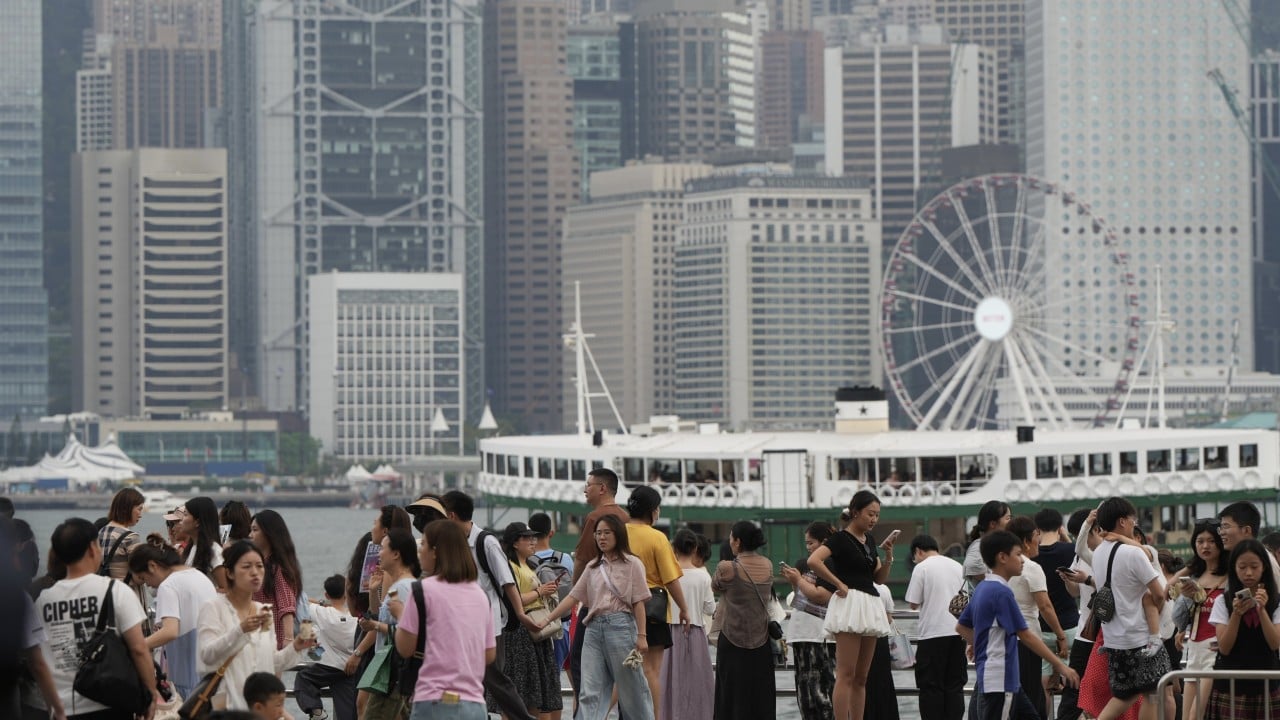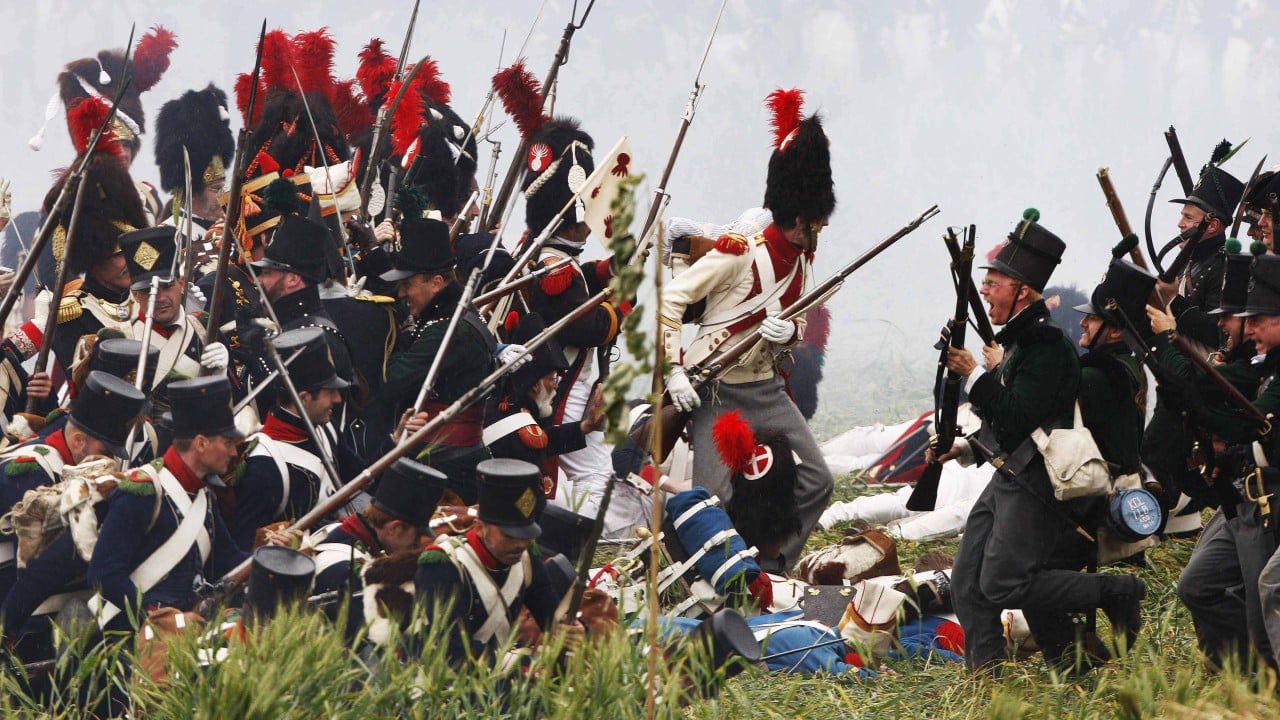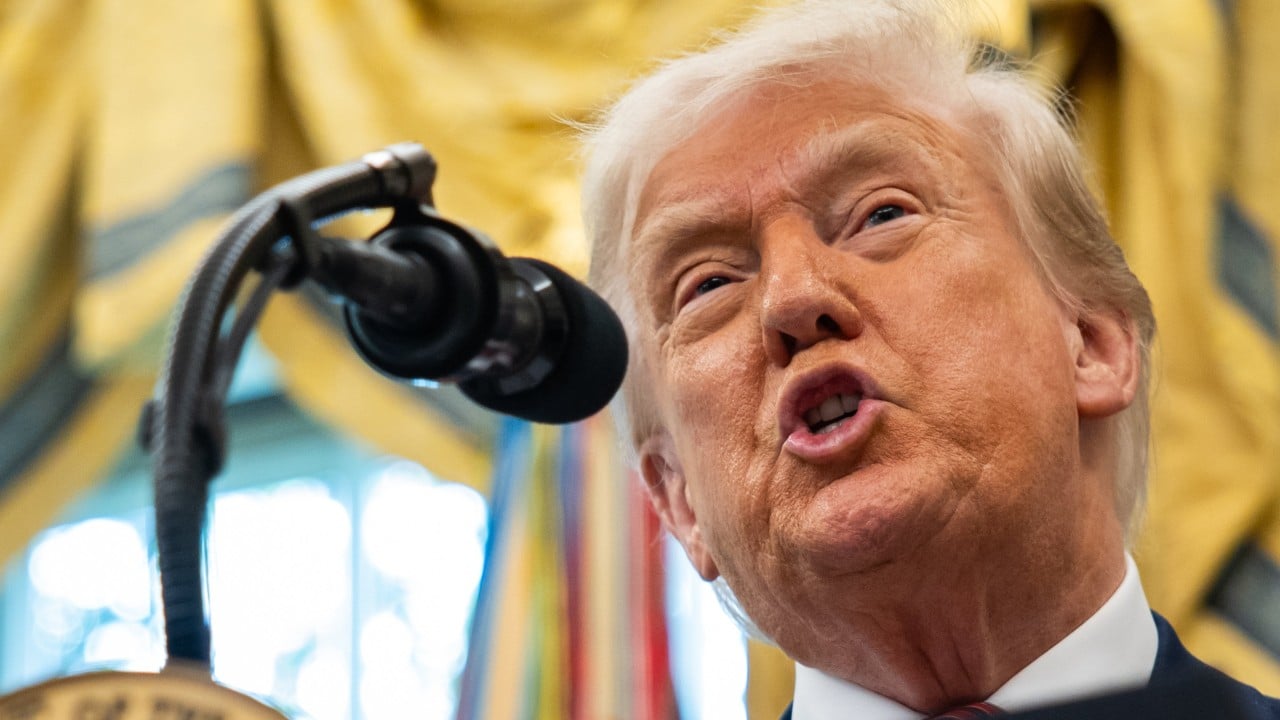
From the 156 Soviet-assisted projects to China in the early years to today's bilateral trade volume of $244.8 billion, from Russian agricultural products entering numerous Chinese households to Chinese cars driving through the streets of Russian cities, China-Russia practical cooperation continues to deepen and thrive no matter how the international landscape evolves.Chinese President Xi Jinping is set to pay a state visit to Russia from May 7 to 10 and attend the Great Patriotic War Victory celebration in Moscow.
As bilateral ties continue to mature at a high level, experts believe the visit will inject new momentum into China-Russia cooperation across a wide range of fields.Deepening pragmatic cooperationOleg Timofeev, an associate professor at RUDN University in Russia, said that economic collaboration will be a major focus of the leaders' talks.
"In recent years, our countries have successfully transitioned to national currencies in trade settlements.
There is enormous potential in further deepening our economic and trade ties," he noted.In 2024, the trade volume between China and Russia reached a record high of $244.8 billion, a year-on-year increase of 1.9 percent, according to data from China's General Administration of Customs. According to Chinese Ambassador to Russia Zhang Hanhui, the share of national currencies in mutual settlements between China and Russia has already exceeded 95 percent.Ambassador Zhang emphasized that pragmatic cooperation remains the strongest internal driver of China-Russia relations.
Beyond traditional areas, such as energy, aerospace and investment, the two sides have expanded cooperation into emerging sectors, including the digital economy, biomedicine and green development.Alongside this flourishing practical cooperation, cultural and people-to-people exchanges have also gained momentum.
In 2023, the two leaders agreed to make 2024 and 2025 the China-Russia Years of Culture, launching hundreds of exchange activities, such as exhibitions, film screenings and academic collaborations.On top of that, the two sides have made impressive strides in educational cooperation.
More than 200 Russian universities now offer Chinese language courses, with some 90,000 students studying the language.
Meanwhile, over 40,000 Chinese students are pursuing studies in Russia.Li Yonghui, a research fellow in Russian studies at the Chinese Academy of Social Sciences, noted that the upcoming high-level in-person engagement between Beijing and Moscow will further strengthen the China-Russia comprehensive strategic partnership of coordination for a new era, established in 2019.Kirill Babaev, director of the Institute of China and Contemporary Asia at the Russian Academy of Sciences, remarked that under the strategic guidance of the two heads of state, China-Russia practical cooperation has yielded remarkable outcomes.
"We look forward to President Xi's visit injecting fresh impetus into political, economic and cultural collaboration," he said.Jointly safeguarding multilateralism, global stabilityThe Chinese Foreign Ministry said the visit, which comes as the international order undergoes profound adjustments, is set to demonstrate to the international community the firm stance of China and Russia in supporting multilateralism and their opposition to unilateralism and acts of bullying."The two countries will further strengthen their close coordination in the United Nations, Shanghai Cooperation Organization, BRICS and other multilateral platforms, rally the Global South, shape global governance in the right direction, unequivocally oppose acts of unilateralism and bullying, and jointly promote an equal and orderly multipolar world and a universally beneficial and inclusive economic globalization," according to a statement from the ministry.Many in Russia have echoed this sentiment.
Against the backdrop of resurgent unilateralism, protectionism and power politics, they note that China and Russia, both permanent members of the UN Security Council, shoulder a unique responsibility for maintaining global peace and development.
The significance of the China-Russia relationship, they stress, now extends far beyond the bilateral level.Russian Deputy Foreign Minister Andrey Rudenko expressed his hopes that the visit will provide new impetus for the two countries to jointly promote a more multipolar world and a more democratic international order.Aleksey Rodionov, a professor in the Department of Chinese Philology at St.
Petersburg State University, emphasized that China and Russia are pivotal forces shaping the evolving multipolar world.He voiced the expectation that the Chinese president's upcoming visit would further strengthen the two sides' coordination on international affairs and global governance, and to promote the development of a fairer and more equitable international order.Additionally, Li Yonghui pointed out that frequent meetings and diverse communication channels between the two sides have enabled President Xi Jinping and President Vladimir Putin to coordinate their positions on the international landscape and global governance.(Cover: National flags of Russia and China.
/VCG)

 15
15
















